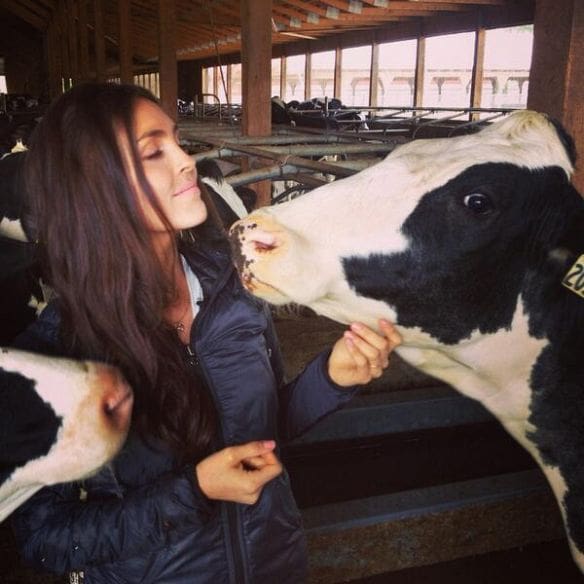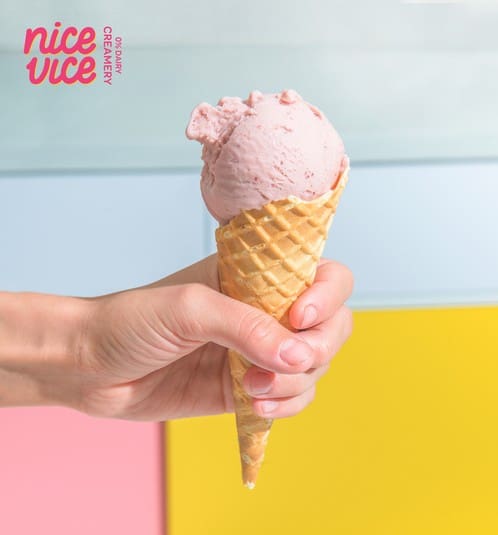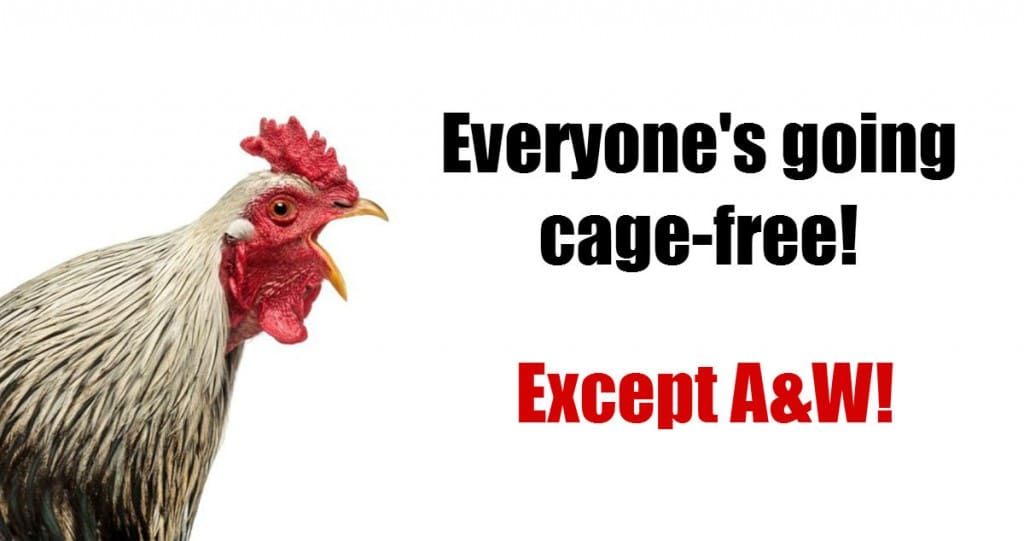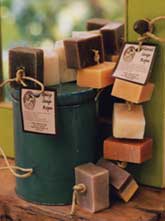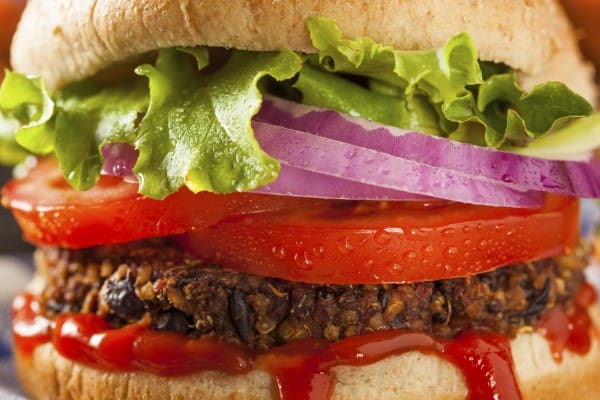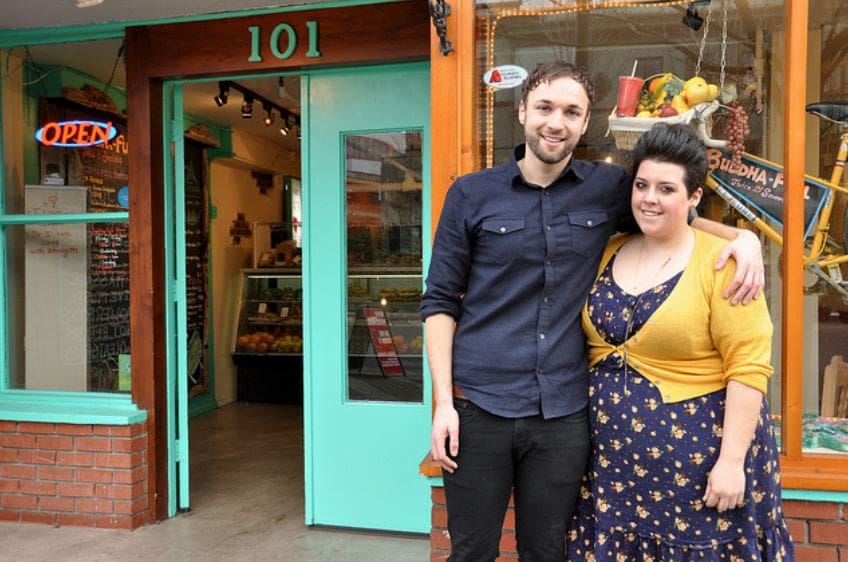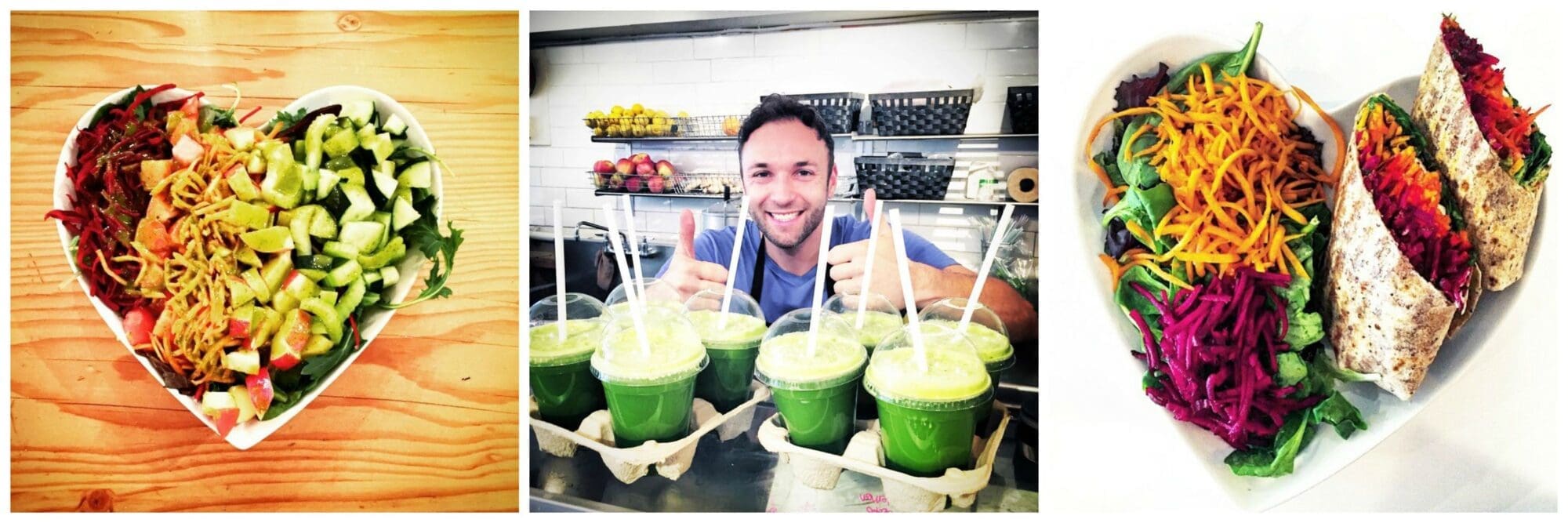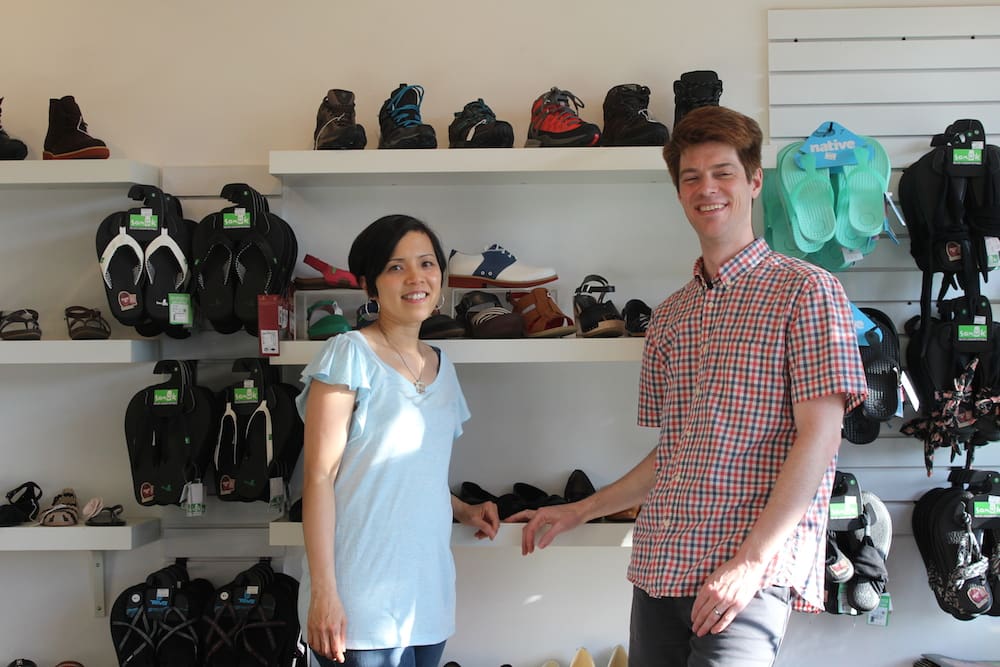VHS volunteer and blogger Patricia Charis is a huge lover of nature and animals, which ultimately led her to embrace a vegan lifestyle in an effort to protect animals, the planet and her health. She wrote this fantastic blog post, Where To Eat Vegan In Vancouver, about her cruelty-free adventures around the city and we just had to share it:
Since going vegan around 8 months ago (on September 1, 2015) it has been one food adventure after another. I have to say I am extremely blessed to be living in a city like Vancouver where vegan options abound, with a ton of vegetarian/vegan restaurants all over the city, and even non-veg places have been including more and more vegetarian/vegan options on their menus. And we aren’t even in the Happy Cow list of top 5 vegan-friendly cities in the world!
Today I would like to share with you some of these aforementioned food adventures, and some of my favourite places to eat Vegan in Vancouver! Enjoy
1. MeeT on Main (& MeeT in Gastown)
Safe to say that MeeT on Main and MeeT in Gastown have become two of my absolute favourite vegan places in Vancouver! In the past their menu included both vegetarian and vegan food, but recently they have updated (or shall I say, upgraded) their menu so that all of their items default to vegan (they do still carry dairy cheese, but it has to be specifically requested by a customer to be substituted in their meal, and even this is being phased out I believe). I am very impressed by this business for making such positive changes. Not to mention their Taco Tuesday ‘Ish Tacos (pictured below) are pretty friggin fantastic!

Another amazing restaurant, located on 12th and Granville, is Heirloom Vegetarian. The atmosphere at this restaurant is the perfect combination of casual and classy, and the food is just the right mixture of delicious and super healthy (as long as you order from the vegan half of their menu). This picture here is of the very first meal I had in 2016 and it did not disappoint. I absolutely LOVE avocado toast, and this dish was elegant and delicious and I have been dreaming about it ever since. I have to say that so far Heirloom has been my favourite place for vegan brunch in Vancouver.

3. The Naam
The Naam, on 4th and Stephens St., is a favourite for vegans, vegetarians and meat-eaters alike. I have taken several non-vegan friends to this restaurant and it hasn’t disappointed anyone I know thus far. They are opened 24/7 and are often packed full with a line going out the door. Their Thai Noodles, pictured below, is my all-time favourite of their dishes, followed by the California Burger, as well as their Blueberry Soy Shake. The portion sizes at the Naam are quite large as you can see and I always leave super full and satisfied!

My favourite place for vegan burgers in Vancouver? Tera V on West Broadway, hands down. The Smokey No Bull Burger with Daiya Cheese is SO legit, I can’t even tell you, you have to try it yourself. The burger patty is not like many veggie burgers I’ve encountered which, although still very yummy, tend to be a bit mushy and fall apart easily. The No Bull Burger patty has the perfect texture, and when covered in smokey BBQ sauce, it is just heavenly. Add to that a side of yam fries and I am a very happy vegan.

Think that vegans can’t eat pizza? Think again. We like our junk food too, and I can’t explain my delight when I found Vegan Pizza House, a cute little pizza place on Kingsway and Victoria. This place has been my absolute go-to when in need of an easy, convenient, and affordable meal to bring to parties or to just pig out on at home. There are 15 different pizza options, and I haven’t tried them all, but this picture is of the Mediterranean Special which is topped with artichoke, olives, eggplant, peppers, tomatoes, mushrooms and onions, and covered in daiya cheese. When my mother first tried this pizza she didn’t even believe it was vegan and has asked for it on several occasions since!

6. Fairy Cakes
I have a bit of a sentimental attachment to this little cafe on Fraser Street because my first experience with it was when I had vegan cupcakes sent to me on Valentine’s Day from my now fiancé (then long-distance boyfriend) two Valentine’s Days ago in 2015. I was vegetarian at the time but I was getting more and more into veganism, and was happily surprised with a delivery of a dozen super cute and delicious cupcakes (pretty much my favourite thing ever) on Valentine’s morning. Now that we are getting married in a few months we have ended up ordering our cupcake cake from Fairy Cakes as well. In addition to cupcakes, Fairy Cakes also makes cookies, cakes, cheesecakes, etc. They are 100% vegan, with gluten free options! Basically heaven on earth.

Last but not least on this list of favourite vegan food spots in Vancouver is Nice Vice Creamery in Yaletown! This little ice cream shop opened up just this year and I have already been there on multiple occasions for their deliciously cruelty free ice cream. All of their ice creams are dairy, soy and gluten free, made with organic ingredients and are sooo good. Now you can enjoy your ice cream completely guilt free knowing that it is not only way healthier for you, but far kinder to the animals and the planet as well. The picture below is of the matcha avocado ice cream and was taken by my fiancé (stolen off of his Instagram account @echan037😛 ).

So there you go, some of my favourite places to eat vegan food in Vancouver! A couple of honourable mentions which are also pretty fantastic:
– 3G Vegetarian on Cambie St. (super legit vegan Chinese food)
– Chau Veggie Express on Victoria Dr. (Vietnamese pho and vermicelli, need I say more?)
– Panz Veggie on Victoria Dr. (vegan hot pot!!)
– Zend Conscious Lounge in Yaletown (amazing food, 100% of profits go to charity!)
– Lotus Seed Vegetarian on Kingsway (sushi, burgers, burritos, pasta, curry, smoothies !!!)
– Eternal Abundance on Commercial Dr. (super healthy raw & cooked vegan food)
– Dharma Kitchen on West Broadway (Asian inspired burgers and curry bowls)

